You are a priest forever
Much like the rest of Singapore, our Church faces the challenge of an ageing population but in a crucial area – our priests. In view of this, the Archdiocese has been developing a structured clergy eldercare network. What does this involve?

As at July 2019, the Archdiocese has 19 diocesan priests and four MEP priests aged 70 and above.
In the Catholic Church, canon law requires a priest who reaches 75 years of age to offer his resignation to the diocesan bishop, who then considers whether to accept or defer it.
It is also at this age that the Chancery initiates a conversation with the priest regarding his retirement needs and activities as senior clergy, including medical care, living arrangements, welfare and other eldercare provisions available to him. This is to ensure that he continues to have a fulfilling life as senior clergy.
Caring for retired priests
To better develop and manage the care of our senior clergy and prepare for an ageing clergy population, the Clergy Healthcare Committee was set up in 2015. The committee’s advisory role was integral to the conceptualisation and elder-friendly design of Bethany East Clergy Residence (BE), as well as to the Archdiocese’s consideration of emergency procedures and fall-detection technology.
Chaired by Dr Christopher Lien, it comprises five doctors and three healthcare professionals who provide the Archdiocese with medical counsel and resources for establishing clergy eldercare. It also includes Chancellor Fr John-Paul Tan, OFM, who chairs the Clergy Welfare Committee, and staff from the Chancery and BE.
New role in the Archdiocese
The senior clergy have differing levels of independence: some continue to lead active and mobile lifestyles in going out and driving by themselves, others require some assistance in walking, while others require closer caregiving and medical attention. As they still want to serve their parishes and be with their parishioners, the Archdiocese is studying how to retrofit parish houses for the clergy to age in place.
Some of the most pressing concerns regarding the welfare of senior clergy are their medical needs and preferences. The Archdiocese thus hired its first nurse manager in end-2017.
When Trina Ong, a nurse of 30 years, heard of the job opening, she prayed about it before responding. With her hospital, nursing home and community nursing experience, she saw it as an invitation to contribute to the Church.
She said, “It was like a special calling. I was excited as the role included settling priests into their new home at BE.” While she is based in BE to care for the priests residing there, she also makes her rounds to the parishes of other senior clergy, and assists in coordinating their care and medical needs with volunteers.
Medical help needed
Trina said, “I am very grateful for the caregivers and support groups out there who love and care for the elderly priests.” Because these volunteers do not usually have medical tra0ining, she also hopes to recruit volunteer nurses from the parishes to help perform regular skilled tasks such as wound dressing, nasogastric feeding, toileting and showering where needed.
For now, the senior clergy residing in the parishes are generally healthy and independent. “However, as the population of priests ages, we need more parishioners and friends of our clergy to step forward and form their care network,” she said. ACP a necessity
Moving forward, the Archdiocese also intends to initiate conversations with the senior clergy on Advance Care Planning (ACP). Practised in many healthcare institutions, ACP involves a discussion on a person’s preferences regarding treatment and end-of-life concerns. It gives that person the autonomy to decide on and document their preferred level of medical care before he or she is unable to communicate this.
The Church teaches that it is permissible and moral for a person to decide, after discussing with medical professionals, against “overzealous” treatment; the key principle is that the intent is not to cause death (CCC 2278).
Trina said, “While chatting with the senior clergy in the parishes, I realised that only some of them have heard of ACP, and fewer still have done it. They are generally not prepared to discuss this, which is worrying as not all of them have next-of-kin to represent them. If they collapse and go into a coma, who are we to make key decisions for them?
“Now, while they are still alert, we hope to talk about issues like whether to continue being on a ventilator if one’s lungs can no longer function without mechanical assistance, or whether to accept treatment that is risky or has little chance of success. We will file their decisions in their medical records.”
Giving back to our shepherds
Trina feels that all our older priests should have a better quality of care as they age. She said, “Ageing is not something to be feared. I hope to facilitate a positive care experience and promote ageing with grace, so that they can still do the things they want to do, live according to their values, have hobbies, and be with friends. We have to respect their preferences and not impose our views on them.”
Jeanette Chang, who assists the Chancellor in clergy welfare matters, said, “Clergy welfare is a resource that helps us look after our priests who have given their lives in service of the Church. It is more than saying, ‘I owe this to you’, but ‘I want to do this for you, after all you have done for me’”.


 Clarice Chan, Chairwoman, Original Minds Group
Clarice Chan, Chairwoman, Original Minds Group


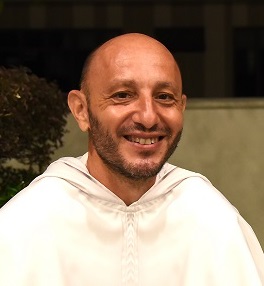
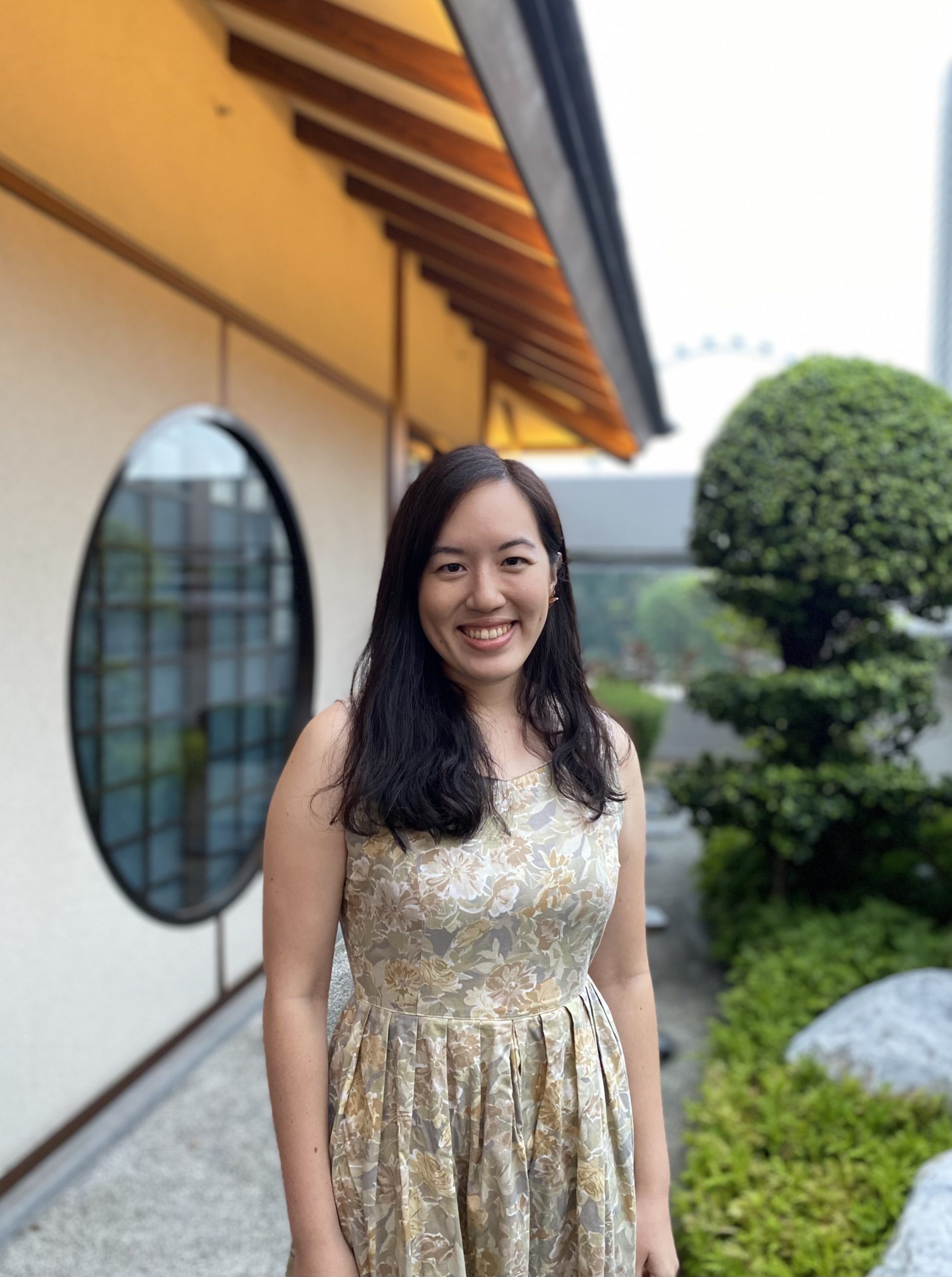

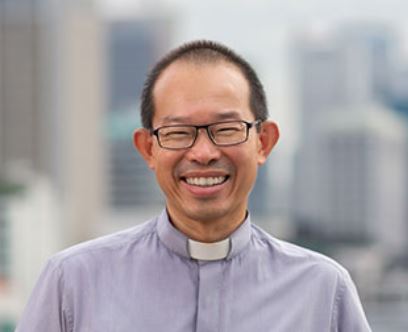
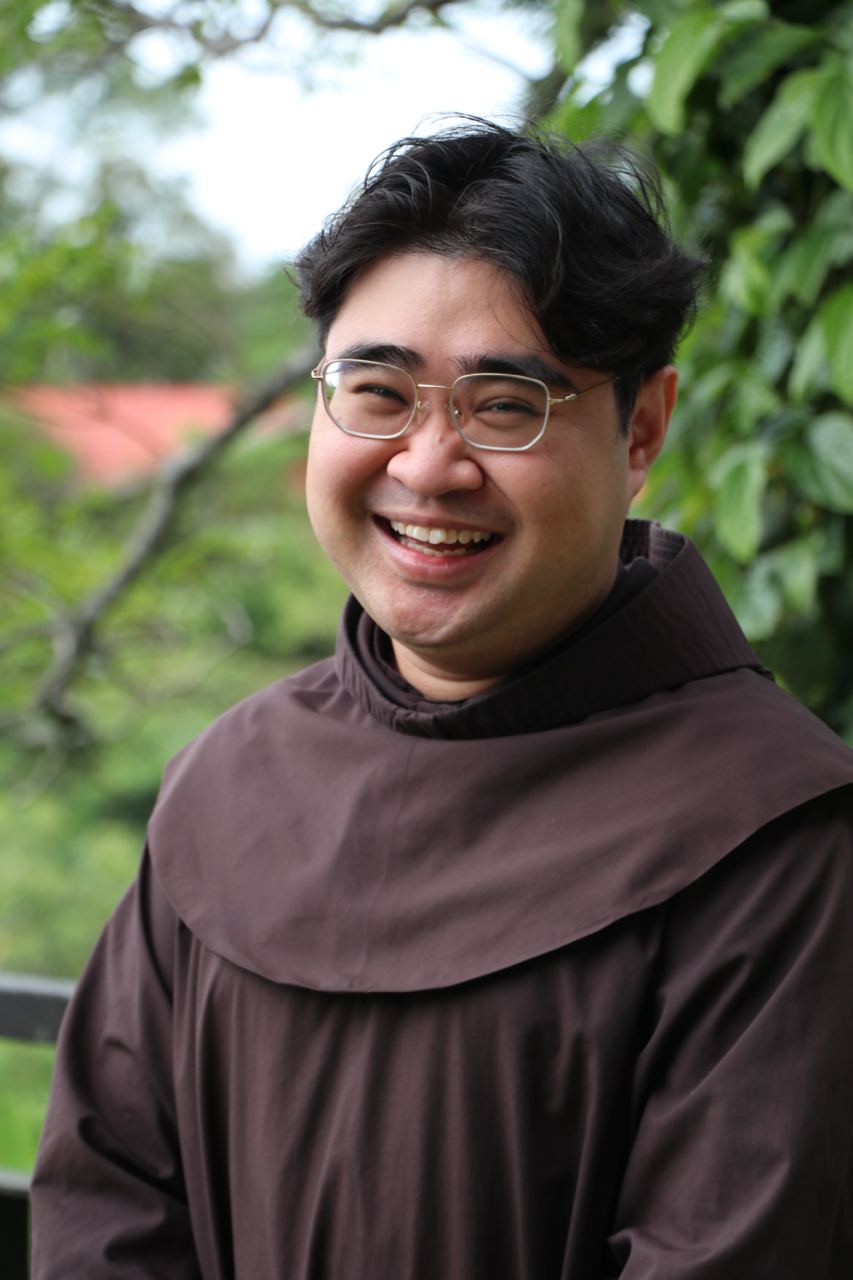
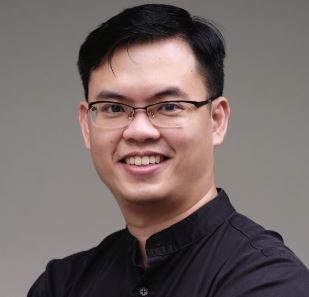
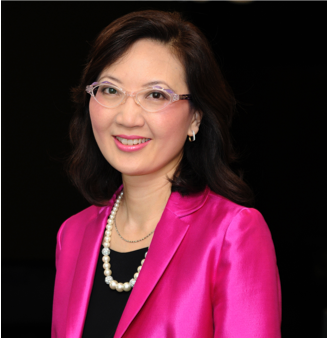
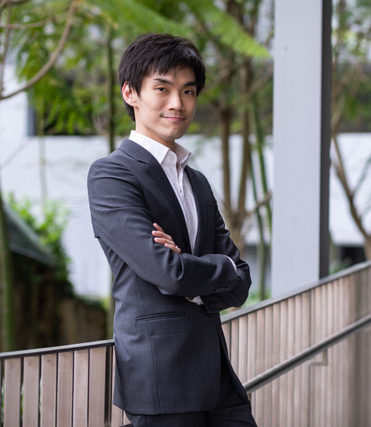
 Producer-Presenter, CatholicSG Radio
Producer-Presenter, CatholicSG Radio